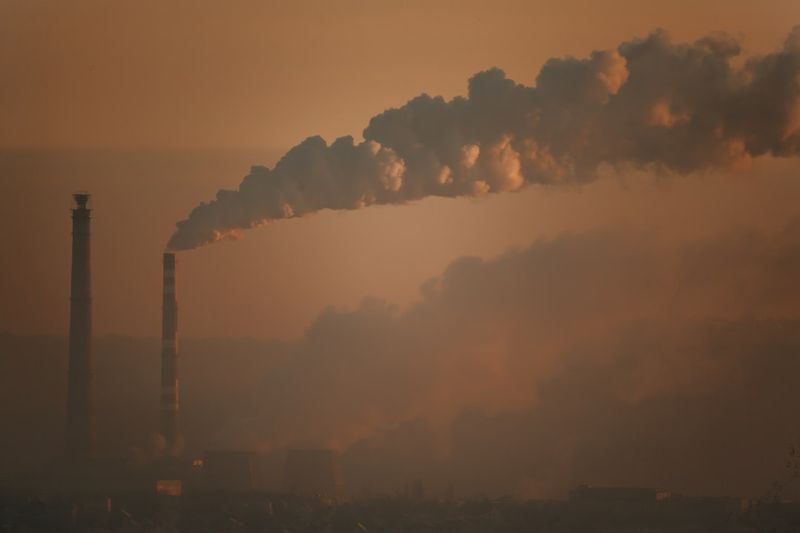Canada Quebec wildfires: Montreal air quality ranks worst in the world as officials urge people to stay indoors
Introduction
June 25, 2023 – Montreal, the largest city in the province of Quebec, has been listed as the city with the worst air quality in the world. This unfortunate distinction is a result of the heavy smoke from the numerous forest fires still raging in the province. Officials have issued an urgent warning, advising people to stay indoors to protect their health. The poor air quality poses significant risks, particularly for individuals with lung or heart disease, the elderly, children, pregnant individuals, and those who work outdoors. The situation is serious and calls for immediate action to address the escalating wildfire crisis.
The Impact of the Wildfires
The Quebec wildfires have been devastating. These fires, fueled by dry conditions and strong winds, have caused significant destruction to the province’s forests and wildlife. The effects have been particularly felt in Montreal, where the heavy smoke has engulfed the city, leading to poor air quality and health concerns for its residents.
Health Risks and Vulnerable Groups
The poor air quality resulting from the wildfires poses serious health risks, especially to vulnerable groups. Those with pre-existing lung or heart diseases are at a higher risk of experiencing respiratory distress or exacerbated symptoms. The elderly, children, pregnant individuals, and outdoor workers are also vulnerable to the adverse effects of the polluted air.
Preventive Measures
To protect their health, officials are strongly urging residents of Montreal to stay indoors until the situation improves. This includes limiting outdoor activities, using air purifiers, and keeping windows and doors closed. The city is providing assistance to residents to ensure they have access to clean air and adequate support during this challenging time.
Environmental Impact and the Need for Action
Beyond the immediate health concerns, the Quebec wildfires also highlight the urgent need for action on climate change and the protection of our forests. The intensity and frequency of these fires are clear indicators of the environmental crisis we face. Forests play a crucial role in absorbing carbon dioxide, mitigating climate change, and maintaining biodiversity. The destruction caused by these wildfires not only releases large amounts of carbon dioxide into the atmosphere but also disrupts the delicate balance of ecosystems, further exacerbating the global environmental crisis.
Fighting Climate Change Through Sustainable Practices
Addressing the root causes of such devastating wildfires requires a concerted effort to combat climate change. Canada, as a nation, must prioritize sustainable practices and transition to clean energy sources. By reducing greenhouse gas emissions, investing in renewable energy, and adopting sustainable forestry practices, we can help mitigate the risk of future wildfires and protect both our environment and public health.
Conclusion
The unprecedented levels of smoke and poor air quality in Montreal due to the Quebec wildfires are cause for concern. Immediate action is necessary to protect the health of vulnerable individuals and mitigate the impacts of these fires. This crisis serves as a reminder of the urgent need to address climate change and transition to sustainable practices to prevent further environmental devastation. Through collective efforts, we can strive for a healthier and more sustainable future for all Canadians.

<< photo by Alexei Scutari >>
The image is for illustrative purposes only and does not depict the actual situation.




